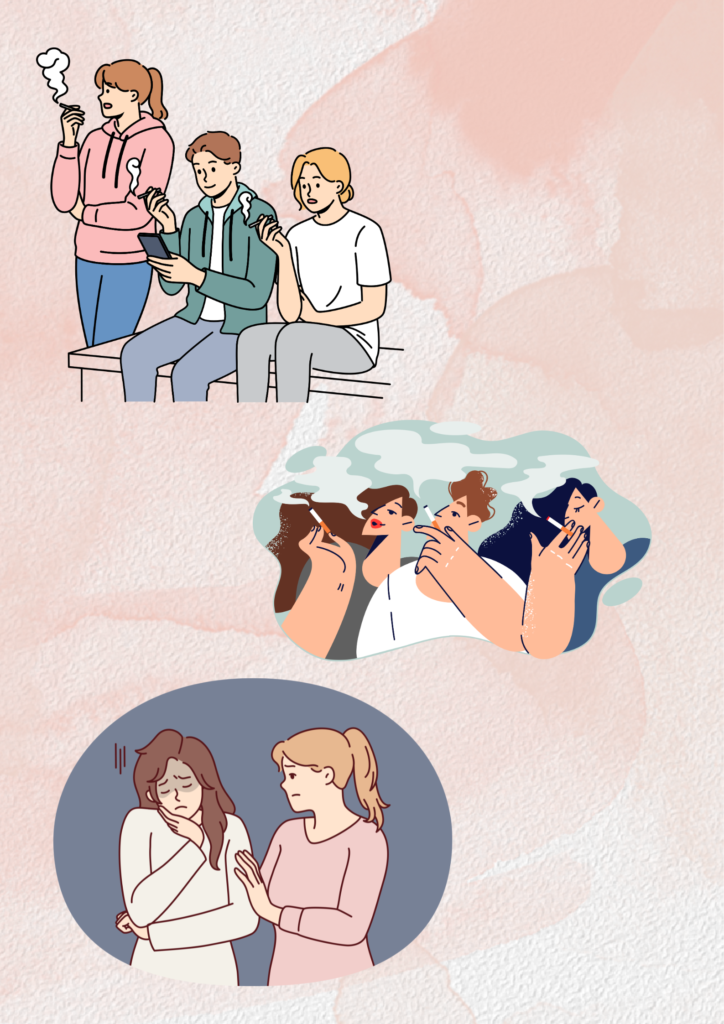Navigating the Maze: The Impact of Peer Associations on Teenagers

During adolescence, friendships play a pivotal role in shaping a teenager’s sense of self and worldview. While positive friendships can be empowering, negative peer associations can have far-reaching consequences. We will explore how the wrong friends impact teenagers and discuss strategies for parents to navigate this delicate terrain.
Sleep Disruptions and Emotional Well-Being
- Social Media and Sleep Patterns: Spending excessive time with the wrong crowd, especially online, disrupts sleep routines. Research indicates that poor sleep quality is closely linked to emotional health issues and an elevated risk of suicidal thoughts and behaviors.
- Peer Pressure and Sleep Deprivation: When influenced by negative peers, teenagers may engage in late-night activities that compromise their sleep. Chronic sleep deprivation affects mood, cognitive function, and overall well-being.
Academic Performance and Decision-Making
- Risk-Taking Behavior: Wrong friends often encourage risky choices, such as substance use, truancy, or dangerous stunts. These behaviors not only harm academic performance but also jeopardize a teenager’s future prospects.
- Balancing Social Acceptance and Academics: Negative peer pressure can divert a teenager’s focus from studies. The desire for social acceptance may override academic priorities, leading to compromised learning outcomes.
Self-Image and Emotional Regulation
- Self-Esteem and Peer Associations: Healthy friendships boost self-esteem and communication skills. Conversely, toxic friends can erode self-confidence, fostering feelings of inadequacy and self-doubt. Such emotional turmoil contributes to anxiety and depression.
- Navigating Emotional Turbulence: Adolescents experience heightened emotional sensitivity due to brain development. Exposure to harmful influences disrupts emotional regulation, affecting impulse control and behavior.
Long-Term Implications
- Lifelong Influence: Friendships formed during teenage years leave lasting imprints. Positive connections can lead to lifelong bonds, while negative associations may result in regrettable decisions and missed opportunities.
- Empowering Parents: Parents must actively engage with their teens, fostering open conversations about friendships. Recognizing toxic relationships and guiding adolescents toward healthier social circles is essential.
Navigating the maze of teenage friendships requires vigilance and empathy. By understanding the impact of wrong friends, parents can empower their children to make informed choices, ensuring a brighter future.




















